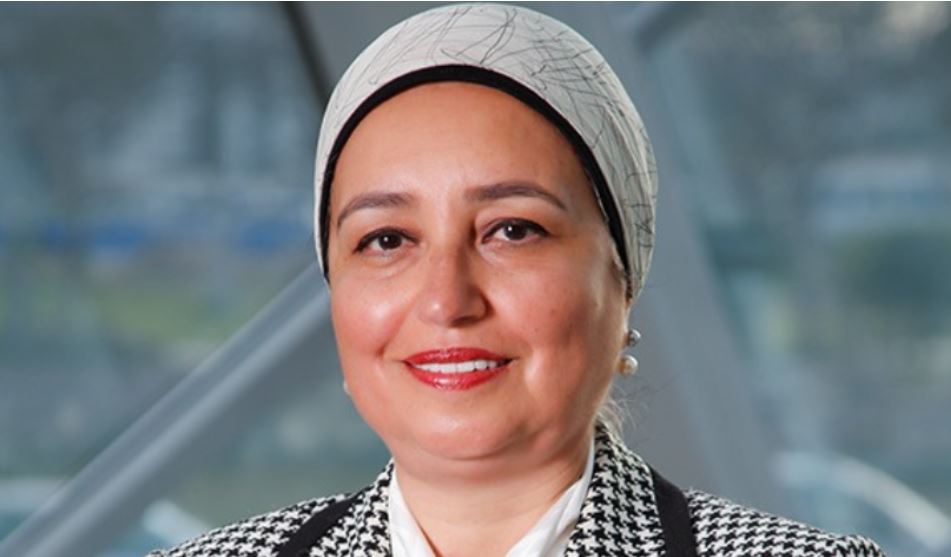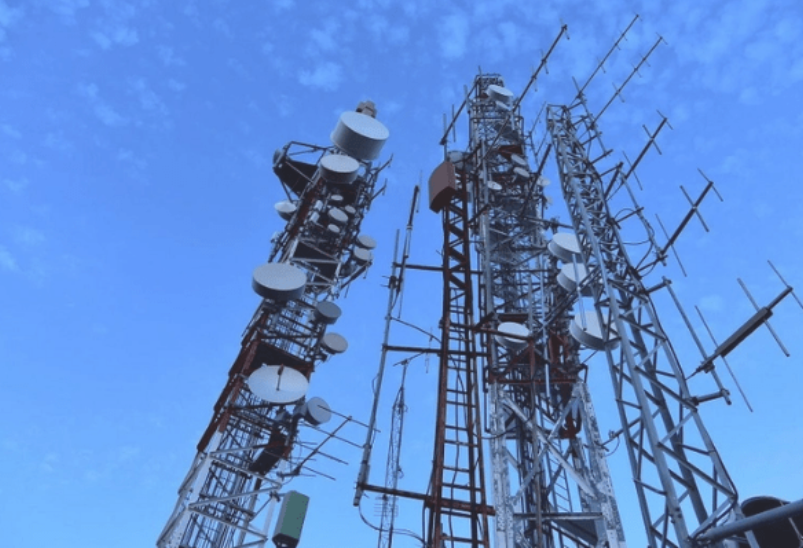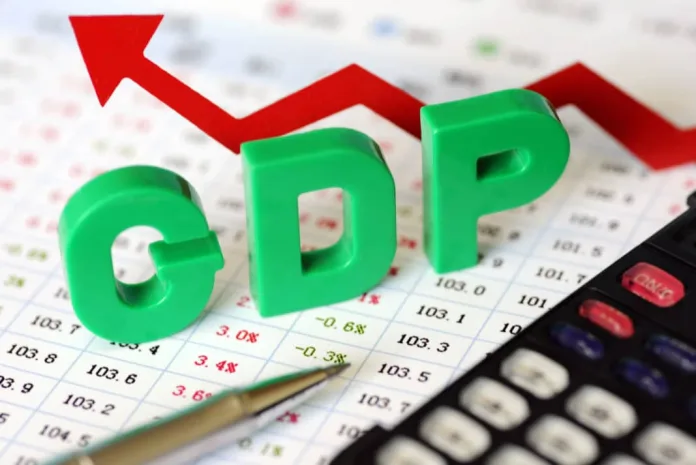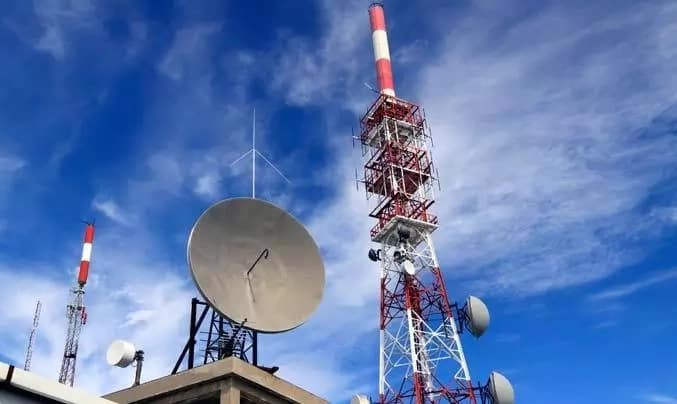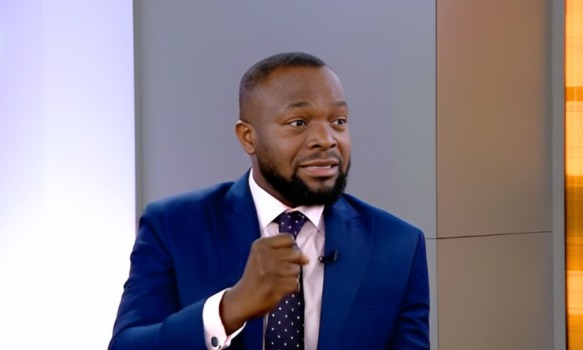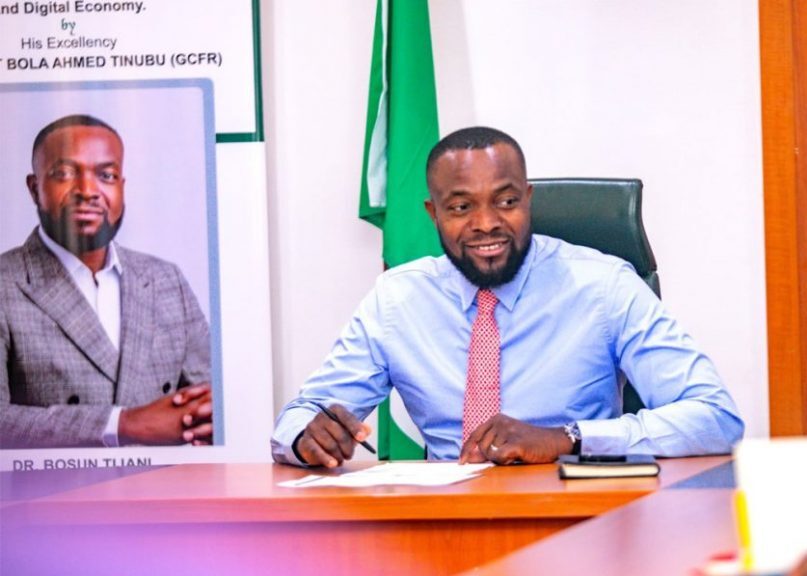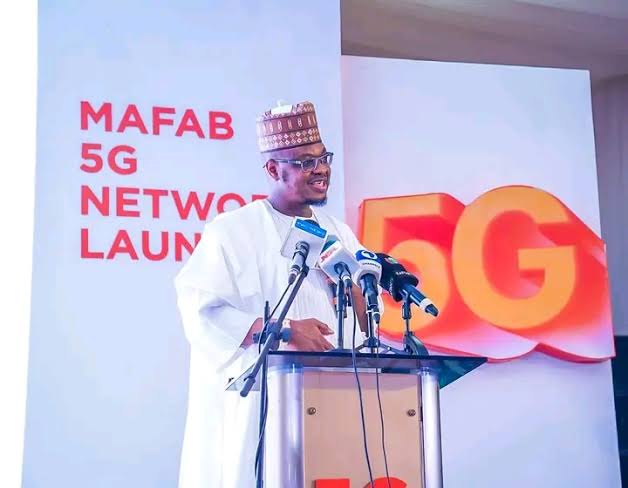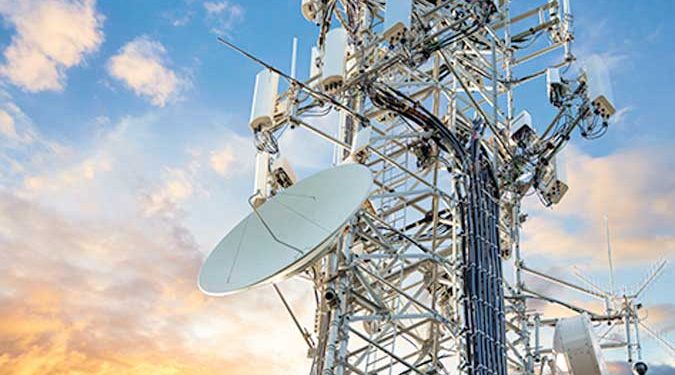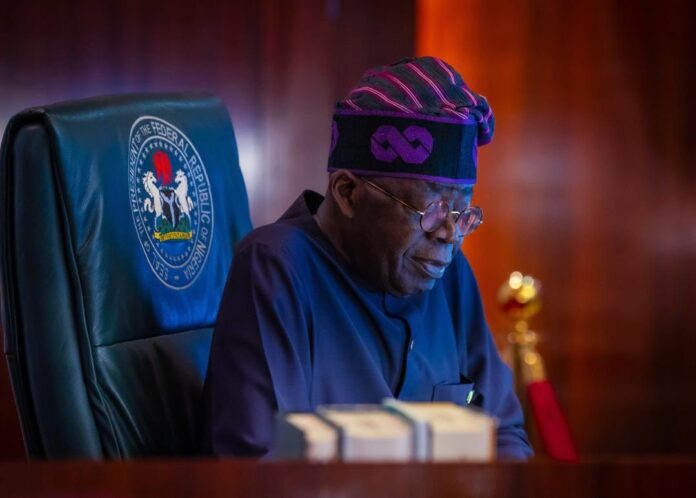On January 20, the Nigerian Communications Commission (NCC) announced a 50 percent tariff hike on telecoms offerings for the first time in 12 years, as against the 100 percent proposal made by the telecom operators, citing operational costs and inflation.
The Commission highlighted that the decision was in line with regulatory obligations under Section 108 of the Nigerian Communications Act, 2003, in a statement signed by Reuben Muoka, the NCC’s Director of Public Affairs.
This decision will raise the cost of SMS from N4 to N6, call rates from N11 to N16 per minute, and data pricing from N287.30 to N431.25 per GB.
Read also: GSMA projects N1.6 trillion revenue for Nigeria over telecoms tariff hike
However, the 50 percent tariff hike didn’t go down well with subscribers and stakeholders.
The Nigeria Labour Congress, National Association of Nigerian Students, consumer advocacy groups, and civil society organisations, have knocked the NCC for approving the hike at a critical time for Nigerians grappling with irregular power supply and inflation exacerbated by naira volatility. Labour groups have threatened to take legal and mass action if the hike was not reversed.
Nevertheless, some others have thrown their weight behind the telecom tariff hike, citing the need for industry sustainability and customer affordability.
Resistance against the telecom tariff hike
In a statement released on Wednesday, January 29, NLC President Joseph Ajaero denounced the hike as “insensitive, unjustifiable, and a direct assault on Nigerian workers and the general populace.”
The NLC initially declared that it would proceed with a nationwide demonstration against the raise on February 4, 2025, claiming that it would worsen citizens’ financial struggles. The decision was made on January 29 at the NLC’s National Administrative Council meeting.
Ajaero added, “After extensive discussions, the following resolutions were reached: NAC-in-session totally rejects the 50 percent telecom tariff hike, which it considers too harsh for citizens. It, therefore, strongly condemns the Nigerian Communications Commission’s decision to approve the increase.”
However, after meeting with government officials at the Office of the Secretary to the Government of the Federation on February 3, the NLC decided to call off the protest until more talks could be held.
Following the meeting, NLC President Joe Ajaero told reporters that the government has decided to form a wider committee to examine the tariff structure as a whole.
The Take It Back Movement (TIB), the National Civil Society Council of Nigeria (NCSCN), and the Civil Society Legislative and Advocacy Centre (CISLAC) all supported the mass action, denounced the tariff hike and promised to participate in the demonstrations.
CISLAC Executive Director Auwal Musa Rafsanjani said the group will “support any action to bring down these prices and reduce the hardship Nigerians are facing.”
He added, “CISLAC will always side with the people, will always support the Nigerian people, as against the multinational corporations that are extorting Nigerians, and their collaborators within the government.
The tariff hike, according to Blessing Akinlosotu, Executive Director of the NCSCN, will suffocate Nigerians’ who are still struggling with the cost-of-living crisis.
“The economy is not friendly to the poor masses, fuel has been increased, electricity tariff has been increased, which is extremely high on Nigerians. And now, reaching out to loved ones will be extremely difficult. That is the height of suffocation,’’ Mr Akinlosotu complained.
Take It Back Movement, a human rights organisation, has also criticised the 50 percent pricing increase on broadband, text messaging, and phone calls.
The organisation threatened widespread protests around the nation if President Bola Tinubu’s administration did not quickly rescind the decision.
“This decision will significantly impact Nigerians who are already facing increased living costs due to economic challenges, and it undermines the progress made in making mobile services more affordable and accessible in Nigeria,” the group’s national coordinator and spokesperson, Juwon Sanyaolu and Stephen Olabiyi said in a joint statement.
“The government’s justification that the increase will bridge the gap between operational costs and service delivery is unacceptable. Instead, it is a burden that will be disproportionately borne by Nigerians who can least afford it.” the TIB leaders stressed.
“We demand that the Nigerian Communications Commission reconsiders this decision and seeks alternative solutions to support telecommunications companies without negatively affecting millions of Nigerians,” the statement said.
The movement urged Nigerians to join them in protesting against the proposed rate increase in addition to other demands. They characterised the tariff hike as unfair and disconnected from the realities that regular people experience.
SERAP sues NCC
Similarly, the Socio-Economic Rights and Accountability Project (SERAP) has filed a lawsuit against the NCC for approving the tariff hike.
Citing constitutional infractions and economic hardship, SERAP, represented by Ebunolu Adegboruwa (SAN), filed a petition on January 30 at the Abuja Division of the Federal High Court to stop the tariff hike’s implementation.
SERAP prayed the Federal court for “a declaration that the tariff increase is unlawful and should be set aside with an order restraining the NCC and telecommunication companies from enforcing the tariff hike.”
NATCOMS recommends 10 percent increase
The National Association of Telecommunications Subscribers (NATCOMS) has urged the NCC to lower the approved 50 percent tariff hike to 10 percent.
Deolu Ogunbanjo, the National President of NATCOMS, told the News Agency of Nigeria on Thursday that the letter was addressed to the NCC CEO on Friday, January 24, 2025, making the request.
According to Ogunbanjo, 10 percent hike would enable operators to make money while easing the financial strain on customers. He believes that 50 percent hike is an overkill.
He disclosed that NATCOMS would be filing legal action against the NCC if its recommendations were not looked into.
LCCI backs tariff hike
However, key federal organisations and industry players have expressed support for the tariff hike, including the Lagos Chamber of Commerce and Industry and Finance Minister Wale Edun.
In defending the hike, they called for commensurate improvements in service quality and contend that it is an essential step in resolving the operational difficulties faced by telecom operators.
The Lagos Chamber of Commerce and Industry released a statement on Monday urging the nation’s telecom providers to enhance their service delivery and assist the government in automating its operations.
Finance Minister Wale Edun defended the hike by highlighting the necessity of taking into consideration growing inflation and operating expenses that had accrued over the last 12 years. He made this statement last week at the 2025 World Economic Forum in Davos, Switzerland, in an interview with Arise News.
“There is a need to reflect the fact that over 12 years, there has been a rise in costs, there has been inflation, and that needs to be reflected,” Edun stated.
He described the hike as a balancing effort, aimed at enabling telecom operators to maintain sustainability while defending customer interests.
Edun went on to emphasise that the government’s main goal is to guarantee that telecom providers provide effective services.
“We don’t want dropped calls. We want good quality services from them. And at the same time, we want them growing, employing people, and adding to the country’s GDP,” he said.
The Minister of Communications, Innovation, and Digital Economy, Bosun Tijani, while defending the ministry’s 2025 budget projections before a combined House of Representatives and Senate Committee on Communications on Tuesday, attributed the increase to inflation and operating expenses.
Tijani said the tariff increase is in line with broader economic trends, where rising tariffs lead to higher consumer prices because of additional costs on imported goods.
Speaking in support of the hike, the Association of Telecommunications Companies of Nigeria (ATCON) Chairman, Tony Emoekpere underlined that the tariff modification was required to guarantee that the price increase was accompanied by improvements in service quality.
“This tariff adjustment is not simply an increase; it is intended to coincide with enhancements in service quality. Our primary focus should be on improving the quality of service to benefit consumers,” he explained.
He also cautioned that opposition to the increase might jeopardise the sector’s viability and have a detrimental impact on service provision.
“If the industry is not allowed to thrive, it will be unable to meet the service demands of consumers. Remember, this is a private sector service, not a government agency,” he added.
Read also: How a 50 percent Tariff increase could shape Nigeria’s digital future
Industry players welcome the telecom tariff hike
Gbenga Adebayor, the chairman of ALTON, told The PUNCH last week that most telecom systems are out-of-date and that equipment has to be optimised.
“We are actively working on improving the cost-mile experience significantly,” he said. Our goal is long-term sustainability—no telecom operator wants to provide poor service quality. Every minute of uptime contributes to revenue, and it’s crucial that we show tangible improvements in user experience and deliver something better to subscribers,” he stated.
The largest operator, MTN, stated that the development is a major step in guaranteeing the telecom industry’s long-term viability while empowering millions of individuals and enterprises and advancing the nation’s economy as a whole.
The CEO of MTN Nigeria, Karl Toriola, stated, “This tariff adjustment represents an important step towards addressing the impacts of the prevailing economic challenges on our business and industry.”
“It will enable us to maintain the critical investments required to deliver reliable, high-quality services to Nigerians. We remain committed to supporting Nigeria’s digital transformation agenda and driving inclusive growth for all stakeholders.”
Airtel Nigeria’s CEO, Dinesh Balsingh, defended the pricing hike, characterising it as a necessary action to safeguard the survival and expansion of the telecoms sector while preserving consumer interests.
CEO Balsingh noted that the development demonstrates the regulator’s commitment to supporting sustainability and expanding investment in the telecoms industry for enhanced service delivery.
He said, “The tariff adjustment reflects a balanced approach to ensuring the sustainability of the telecom sector while safeguarding the interests of consumers.”
“The price increase, which was highly needed for the survival and continued growth of the industry, will enable us to continue investing in network infrastructure, expanding coverage, and delivering improved products and services that meet the evolving needs of our customers,” he said in a statement.
“We are confident that this development will pave the way for even greater advancements in telecommunications services across the country,” added Balsingh. “Our focus remains on providing exceptional customer satisfaction while contributing to the long-term sustainability of the industry.”
The Global System for Mobile Communications Association (GSMA) on Wednesday projected that the 50 per cent tariff hike for calls and data would generate at least N1.6 trillion in tax revenue for the Nigerian government and increase the coverage of 4G networks from the baseline 90 per cent to 94 per cent of the population.
According to GSMA, around 2 million people will be able to receive mobile internet services based on current adoption levels in rural areas, out of the approximately 9 million people who will benefit from this upgrade. The decision would also allow for significant investment
However, it remains unclear how the NCC would strike a balance between operator and consumer interests considering the pressure from subscribers, advocacy groups and telecom operators.
The regulator must bring everyone to the negotiating table to strike an ideal balance. This implies that the NCC must safeguard customers from unfair business practices in addition to ensuring that telecom operators can continue to operate.
Even if the tariff increase is required by economic realities, industry sustainability and customer affordability must be balanced.
